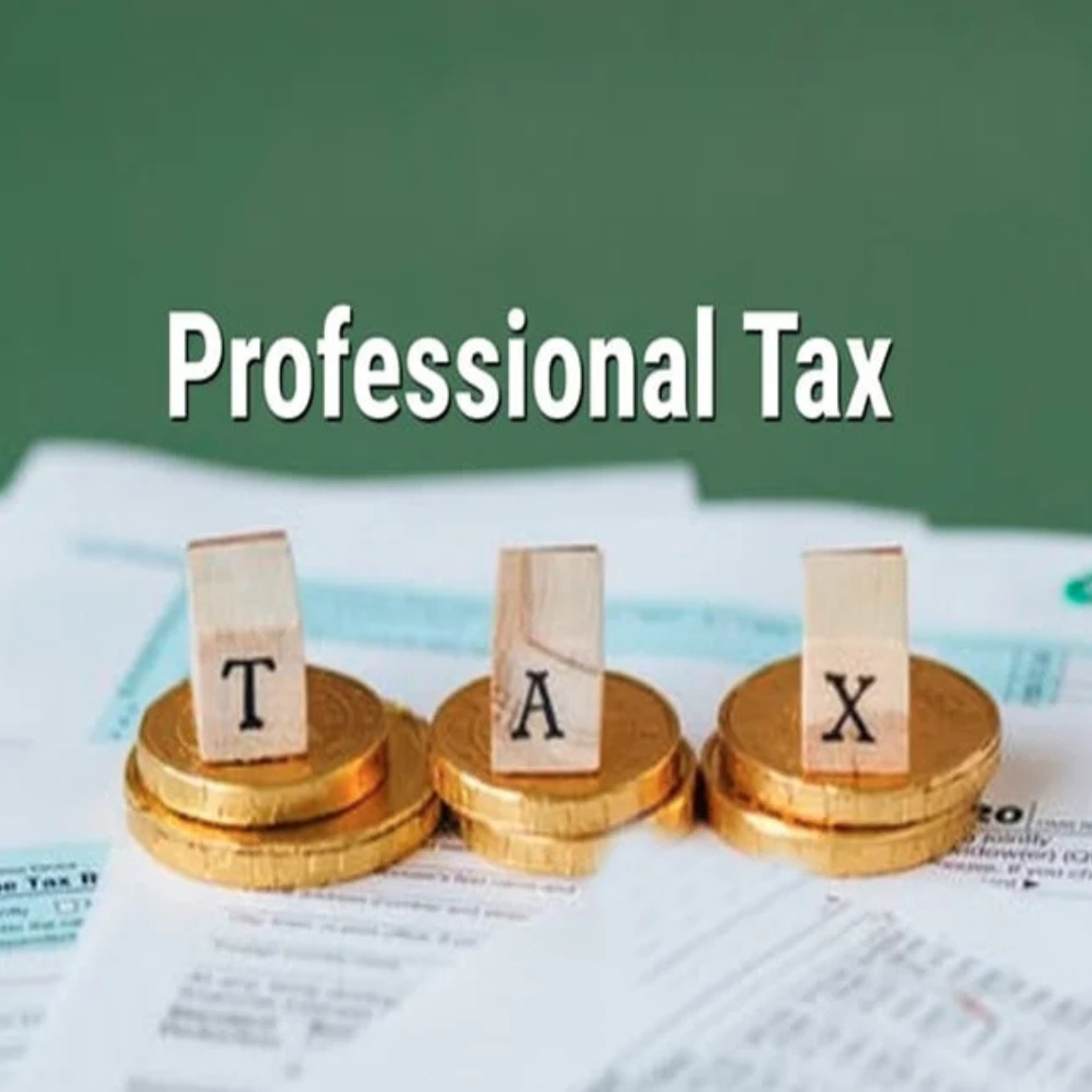

Shop & Establishment Registration refers to the legal process by which a business, shop, or commercial establishment registers itself with the local or state authorities in compliance with the Shop and Establishment Act. This act governs the working conditions, rights, and welfare of employees working in shops, commercial establishments, restaurants, and other types of businesses.
Read More
CLRA Registration & Filings refer to the process of registering and complying with the Contract Labour (Regulation and Abolition) Act, 1970 (CLRA), a key labor law in India that governs the employment of contract laborers in certain industries. The Act is designed to regulate the use of contract labor, ensuring that they are provided with adequate working conditions, wages, and other welfare measures.
Read More
A Trade License is a legal authorization granted by local municipal authorities or government bodies to individuals or businesses to carry out specific types of trade or business activities in a defined area. The purpose of a trade license is to ensure that businesses comply with local laws, safety standards, and health regulations while operating within a particular jurisdiction.
Read More
FSSAI Registration & Filings refer to the registration and compliance requirements mandated by the Food Safety and Standards Authority of India (FSSAI), a government agency that oversees the safety and quality of food products in India. FSSAI regulates and supervises the manufacturing, distribution, sale, and import of food products to ensure that they are safe for consumption.
Read More
FoSTaC stands for Food Safety Training and Certification, which is a training program aimed at ensuring that individuals involved in food handling, preparation, and distribution are well-versed in food safety practices. The program is primarily designed for food business operators, managers, and food handlers in India, and it is a part of the Food Safety and Standards Authority of India (FSSAI) initiative to promote food safety standards.
Read More
A trademark is a symbol, word, phrase, logo, or design that identifies and distinguishes the source of goods or services from one party to another. Trademarks are used by businesses to establish brand identity, reputation, and consumer recognition.
Read More
Pollution Department Consents (CTE/CTO) are regulatory permissions issued by environmental authorities in India to control and monitor pollution from industrial and other activities that may impact air, water, and land. These consents are issued under various environmental laws to ensure that industries comply with prescribed environmental standards.
Read More
he Bio-Medical Waste Management Rules, 2016 (amended in 2018) are the primary regulations governing the management and disposal of biomedical waste in India. They mandate that healthcare facilities, including hospitals, clinics, research laboratories, and even veterinary clinics, must have proper authorization for handling, storing, treating, and disposing of biomedical waste.
Read More
Producer Responsibility Organisation (PRO), also known as E-Waste PRO or Extended Producer Responsibility (EPR) Organization, plays a crucial role in managing the recycling and disposal of waste, especially electronic waste (e-waste), in compliance with national and international environmental laws. The Producer Responsibility Organisation (PRO) authorization system is primarily regulated by the Central Pollution Control Board (CPCB)
Read More
PF (Provident Fund) and ESI (Employee State Insurance) Registration & Filings are essential legal requirements in India for businesses that employ staff. These registrations and filings are designed to provide social security benefits to employees, ensuring their financial well-being in case of retirement, illness, accident, or death.
Read More
Professional Tax (PT) is a tax levied by state governments on individuals earning an income through employment, trade, or profession. The tax is applicable to professionals, traders, salaried employees, and anyone else earning income within the state. The rates of professional tax vary from state to state, as each state has the authority to define its own tax structure, subject to the upper limit set by the Constitution of India (which is ₹2,500 per year).
Read More
POSH (Prevention of Sexual Harassment) Act, 2013 is a legislation enacted by the Government of India to prevent and address issues related to sexual harassment in the workplace. The law mandates that all employers in India, regardless of size, establish a Prevention of Sexual Harassment (POSH) Committee, conduct POSH training, and ensure compliance with the law's provisions.
Read More
The Factories Act, 1948 is one of the most significant pieces of legislation aimed at regulating the working conditions in factories and ensuring the welfare and safety of workers. It applies to establishments that engage in manufacturing activities and employ a certain number of workers. The Act provides guidelines for the registration, working conditions, health, safety, and welfare of workers within a factory.
Read More
A Fire NOC (No Objection Certificate) is a vital legal document issued by the Fire Department or Fire Safety Authorities in India. It certifies that a building or establishment has complied with the necessary fire safety regulations and meets the required standards for fire prevention and protection. Obtaining a Fire NOC is a mandatory requirement for certain buildings, especially for commercial, industrial, and high-rise buildings.
Read More
The medical industry in India is one of the most regulated sectors, and it must comply with a wide range of legal, regulatory, and industry standards. These compliances ensure that medical establishments, including hospitals, clinics, pharmacies, manufacturers of medical devices, pharmaceutical companies, and diagnostic centers, maintain high standards of quality, safety, and ethical practices.
Read More
Industrial Compliance refers to the various regulations, laws, and standards that industries must adhere to in order to operate legally and safely within a given jurisdiction. These laws ensure that industrial activities are conducted in a responsible manner, focusing on the protection of employees, consumers, and the environment. In India, industrial compliance is regulated by a combination of labor laws, environmental laws.
Read More
In India, lease registration is a legal process that involves the registration of a lease agreement with the sub-registrar office under the Indian Registration Act, 1908. Registration of a lease agreement is crucial for ensuring its validity, legality, and for safeguarding the rights of both the lessor (owner) and lessee (tenant). A properly registered lease agreement can be used as evidence in court in case of disputes.
Read More





At COMPLYREALM, Our experienced tax
attorneys are here
to help you
navigate the complexities of tax law, save you money, & ensure.